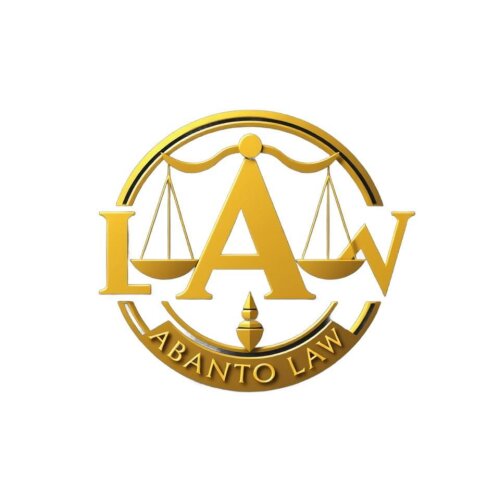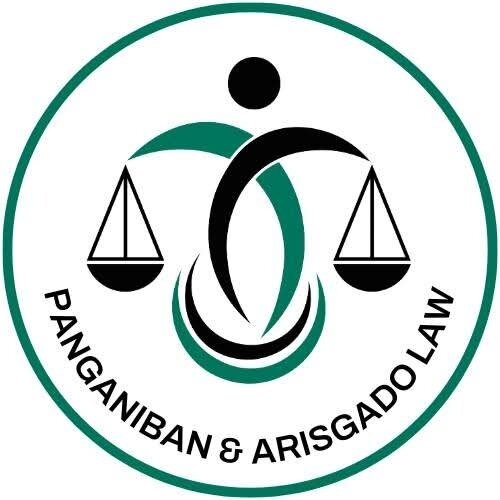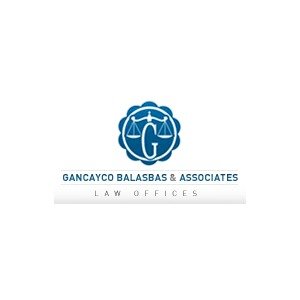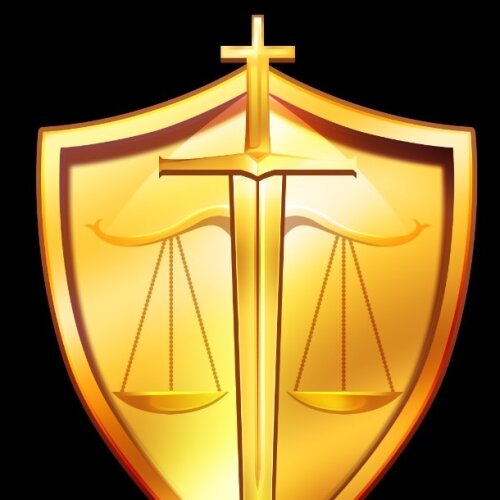Best Creditor Lawyers in Philippines
Share your needs with us, get contacted by law firms.
Free. Takes 2 min.
Or refine your search by selecting a city:
List of the best lawyers in Philippines
About Creditor Law in the Philippines
Creditors in the Philippines are individuals or entities to whom money is owed by a debtor. Creditor law encompasses the rights and remedies available to creditors to ensure they are able to collect what is rightfully theirs. The law also covers various aspects related to the admission of claims in insolvency and bankruptcy cases, the enforcement of judgments, and protection against fraudulent debtors. In the Philippines, creditor-debtor relationships are primarily governed by the Civil Code, the Revised Penal Code (in cases of fraud), and various special laws such as the Insolvency Law.
Why You May Need a Lawyer
There are several situations where individuals or businesses may require legal assistance related to creditors:
- Debt Collection: When a debtor fails to meet payment obligations, creditors might need legal intervention to pursue collection actions.
- Contract Disputes: Disagreements over contract terms can arise and may require interpretation and enforcement through legal means.
- Security Interests: Establishing or enforcing collateral agreements to secure a loan might necessitate legal expertise.
- Bankruptcy and Insolvency: In cases where debtors declare bankruptcy, creditors may need legal advice on claim filing, asset distribution, and recovery of debts.
- Fraudulent Transfers: If a debtor is suspected of causing financial harm through fraudulent transfers, legal action can be pursued.
Local Laws Overview
The laws governing creditor rights in the Philippines are intricate, and include several important provisions:
- The Civil Code of the Philippines: Provides the legal framework for contractual obligations between creditors and debtors, including conditions for default and remedies available.
- Insolvency Law: This law details the process for handling insolvent debtors, safeguarding creditors' rights in the appointment of assignees, the distribution of liquidated assets, and prioritization of claims.
- Revised Penal Code: Contains provisions to penalize fraudulent actions and deceit against creditors.
- Special Laws: Various laws such as the Chattel Mortgage Law and Real Estate Mortgage Law protect secured creditors.
Frequently Asked Questions
What is the main legal recourse for creditors in the Philippines?
Creditors can file a case for collection of sum of money in appropriate courts, or enter into arbitration or negotiation to recover debts. Legal remedies such as writs of execution can enforce collection.
How can a creditor secure debt in the Philippines?
Creditors can secure debt through collateral agreements such as chattel mortgages or real estate mortgages. Registration with the proper government office secures the creditor's interests.
What happens when a debtor files for bankruptcy?
Upon a debtor's bankruptcy filing, an automatic stay halts collection activities. Creditors then need to file their claims in the insolvency proceedings to be considered for asset distribution.
How does a creditor contest a fraudulent transfer by a debtor?
Creditors can contest fraudulent transfers by filing a suit for rescission, proving that the transfer was made to defraud creditors.
What documentation is crucial for creditors to maintain?
Creditors should maintain contracts, loan agreements, payment records, communication logs, and any document evidencing a debtor's acknowledgment of debt.
What is a secured versus an unsecured creditor?
A secured creditor has collateral backing their credit agreement, while an unsecured creditor does not have specific collateral for the debt.
How does a creditor handle default in payment?
Upon default, a creditor should formally demand payment and if unaddressed, proceed to legal or alternative dispute resolution methods as needed.
What is the role of a demand letter?
A demand letter serves as an official request for payment, informing the debtor of consequences if the debt remains unpaid. It is often the first step before legal action.
Can creditors charge interest on outstanding debts?
Yes, creditors may charge interest if it is stipulated in the contract. If not specified, legal rates would apply.
How do creditors enforce a foreign judgment in the Philippines?
To enforce a foreign judgment, it must be recognized by the Philippine courts, following a process for obtaining an order to enforce such judgment locally.
Additional Resources
For those seeking further guidance, the following resources may be helpful:
- Philippine Judicial Academy: Offers seminars and resources related to creditor law.
- Securities and Exchange Commission (SEC): Provides information on corporate insolvency proceedings.
- Bureau of Internal Revenue (BIR): Issues rulings on tax implications affecting debt recovery.
- Integrated Bar of the Philippines (IBP): Provides referrals for qualified legal professionals.
Next Steps
If you need legal assistance regarding creditor matters, consider taking the following steps:
- Gather and organize all relevant documents related to the debt in question.
- Consult with a qualified lawyer specializing in credit or debt law to evaluate your case.
- Explore alternative dispute resolution methods if feasible, such as mediation or arbitration.
- Engage a legal representative to assist with court proceedings if negotiations fail.
- Keep all communications documented for reference and as evidence if required.
Lawzana helps you find the best lawyers and law firms in Philippines through a curated and pre-screened list of qualified legal professionals. Our platform offers rankings and detailed profiles of attorneys and law firms, allowing you to compare based on practice areas, including Creditor, experience, and client feedback.
Each profile includes a description of the firm's areas of practice, client reviews, team members and partners, year of establishment, spoken languages, office locations, contact information, social media presence, and any published articles or resources. Most firms on our platform speak English and are experienced in both local and international legal matters.
Get a quote from top-rated law firms in Philippines — quickly, securely, and without unnecessary hassle.
Disclaimer:
The information provided on this page is for general informational purposes only and does not constitute legal advice. While we strive to ensure the accuracy and relevance of the content, legal information may change over time, and interpretations of the law can vary. You should always consult with a qualified legal professional for advice specific to your situation.
We disclaim all liability for actions taken or not taken based on the content of this page. If you believe any information is incorrect or outdated, please contact us, and we will review and update it where appropriate.
Browse creditor law firms by city in Philippines
Refine your search by selecting a city.

















